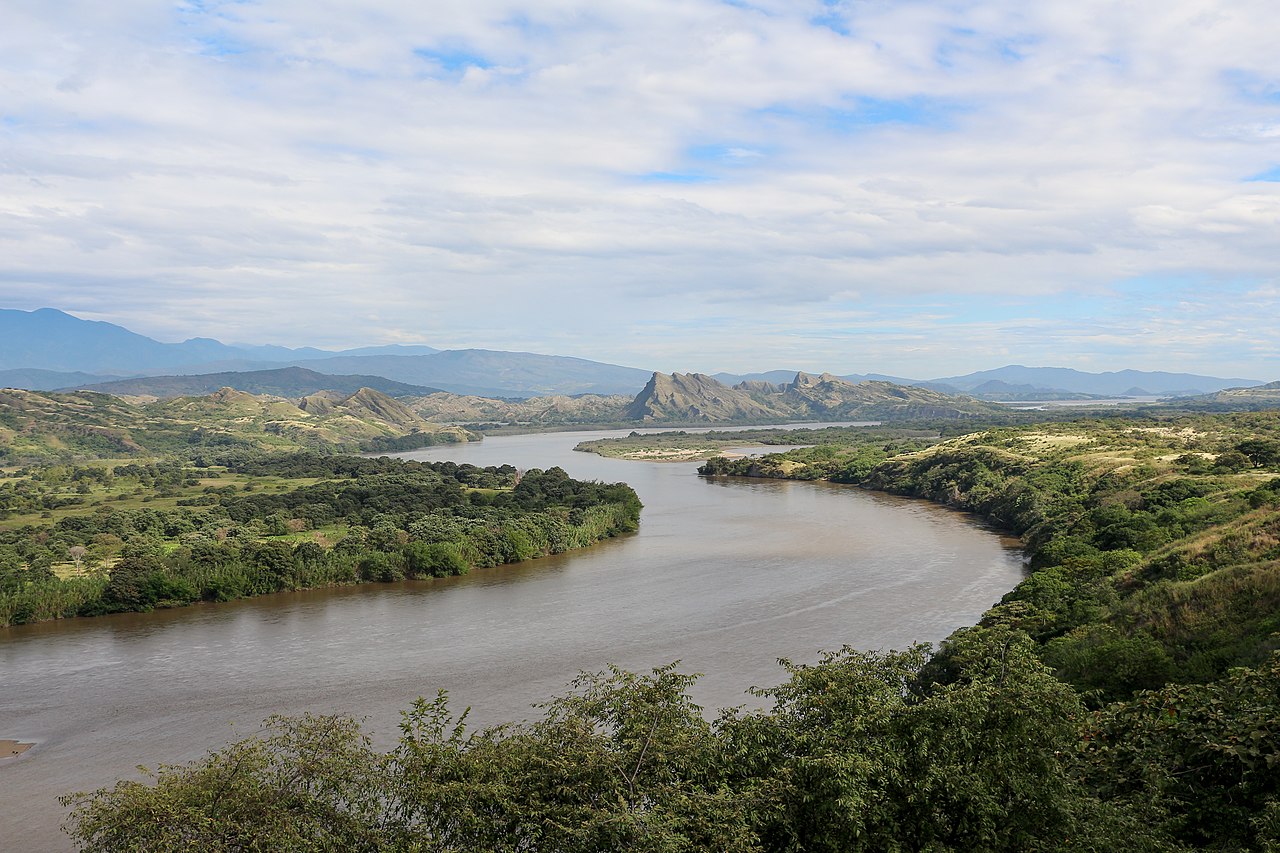
'Magdalena': A journey along the river that gives life to Colombia
The book is the result of Wade Davis' five-year expeditions and travels along the Magdalena River.
Four out of every five Colombians live in the Magdalena basin. It is the source of 80% of the country's economic wealth, the engine of its economy, the river that provides electricity and light to the big cities.
Like the Mississippi, "its shadow to the North, the Magdalena is both a corridor of commerce and a source of culture: it is the spring from which Colombia's music, literature, poetry and prayers are born. In the darkest times, it was turned into a cemetery, an amorphous stream of the dead. However, it always returns as a river of life. During the worst years of violence, the Magdalena never abandoned its people. It always flowed. Perhaps now is the time to repay the river for its efforts and let it cleanse itself of all that has sullied its waters."
So begins the prologue of Magdalena: River of Dreams: A Story of Colombia, a travel book written by Canadian anthropologist and photographer Wade Davis, published in English in 2020 and in Spanish in 2021, which continues to be a best seller in Colombia.
In Magdalena, Davis, professor of Anthropology at the University of British Columbia and "explorer in residence" of the National Geographic Society, discovers the landscapes and natural wealth of the river, its basin and people.
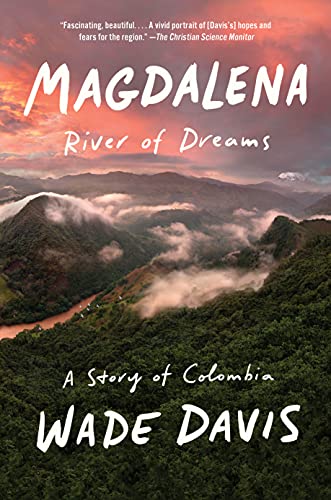
The book is a long declaration of love for Colombia, a land "of colors and affection" as described by its author, who has been traveling to Latin America since he was a teenager. It's a message that we need to look again at the Rio Grande de la Magdalena as the axis of the reconciliation that the country requires.
"It is not only the main artery of the country; it is the reason Colombia exists as a nation. It is the life groove that allowed Colombians to settle in a mountainous land, which may well be the most geographically complex place on the planet," writes the author.
RELATED CONTENT
Davis first visited Colombia in 1968 on a school trip. He was 14 years old.
“Several of the older Canadian students longed for home,” he recalled in an interview with The Guardian after the publication of the book. “I felt as if I had finally found it.”
In 2018 he was granted honorary Colombian citizenship.
Since then, he has published several books on anthropology and ethnobotany related to Latin America, from voodoo rituals in Haiti to the use of hallucinogenic plants and the shamanic traditions associated with them.
"Madgalena is a geography book about a river that is also a political history of Colombia, an admonition of ecological disaster, an impassioned defense of Indigenous wisdom, and a memoir of the author’s various travels and friendships over the years," wrote a critic from The Guardian.


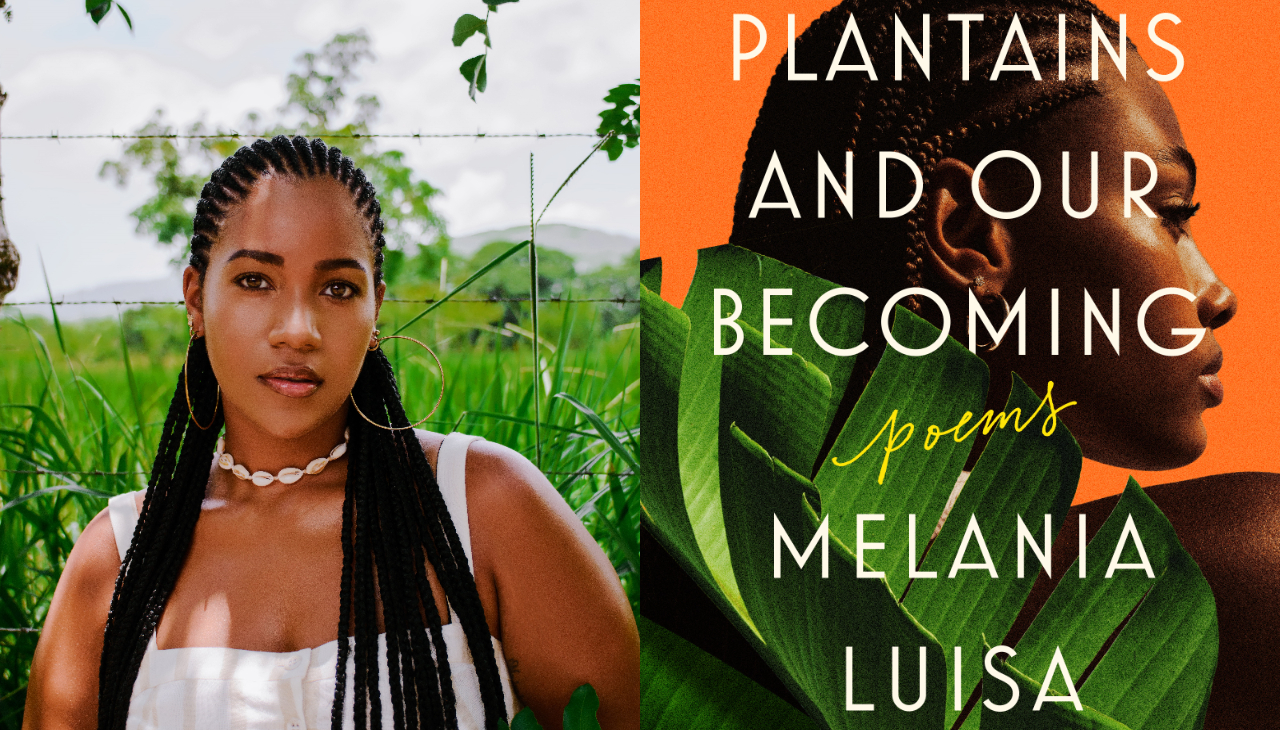
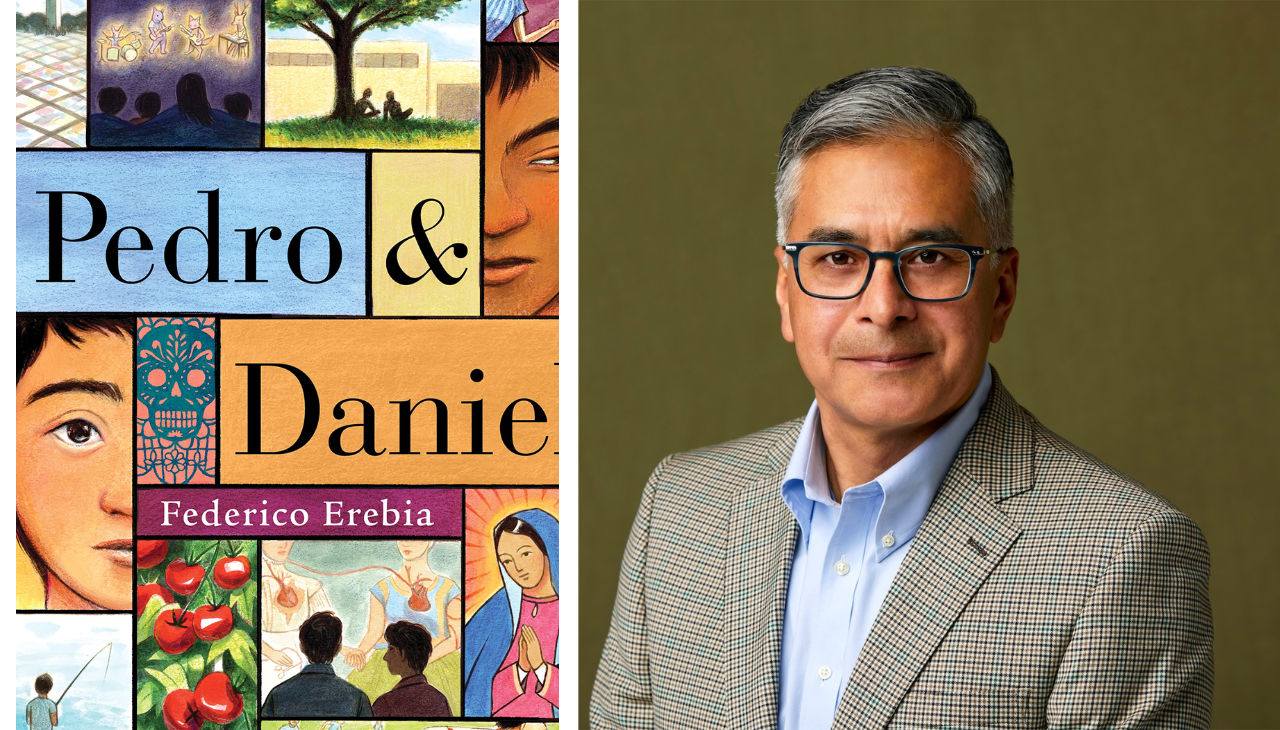
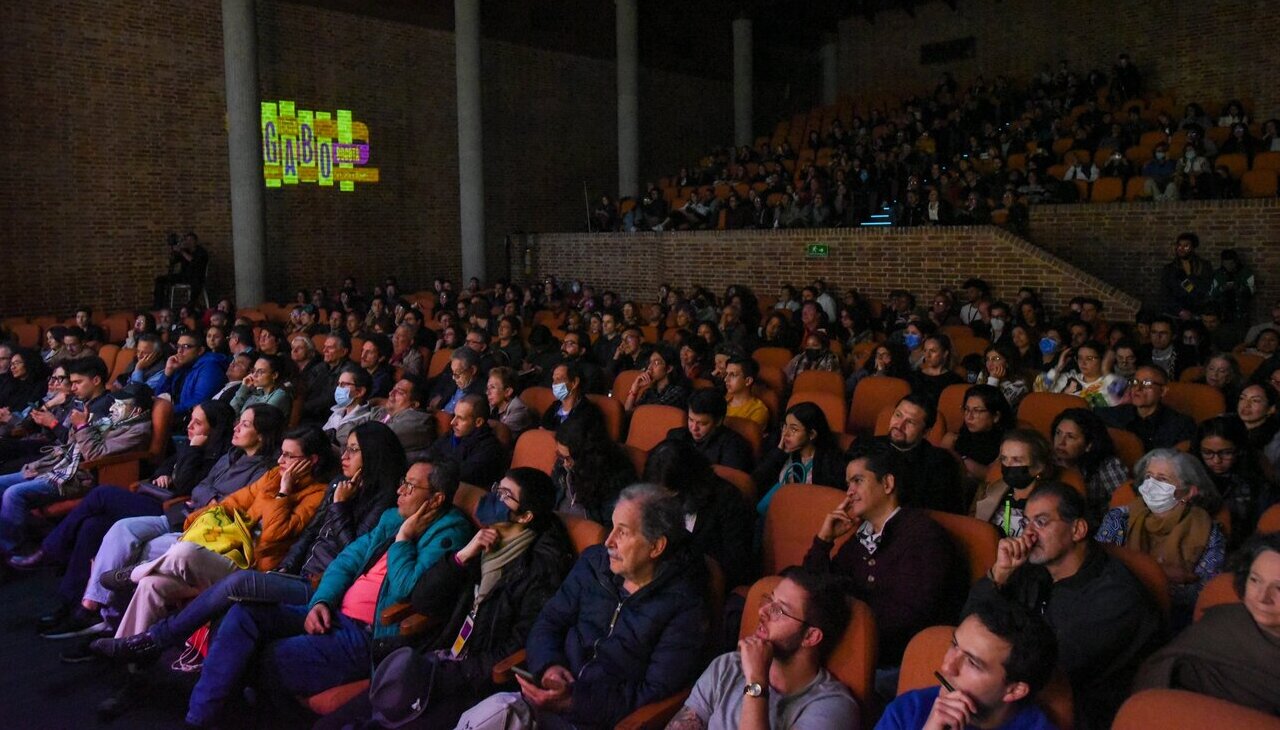

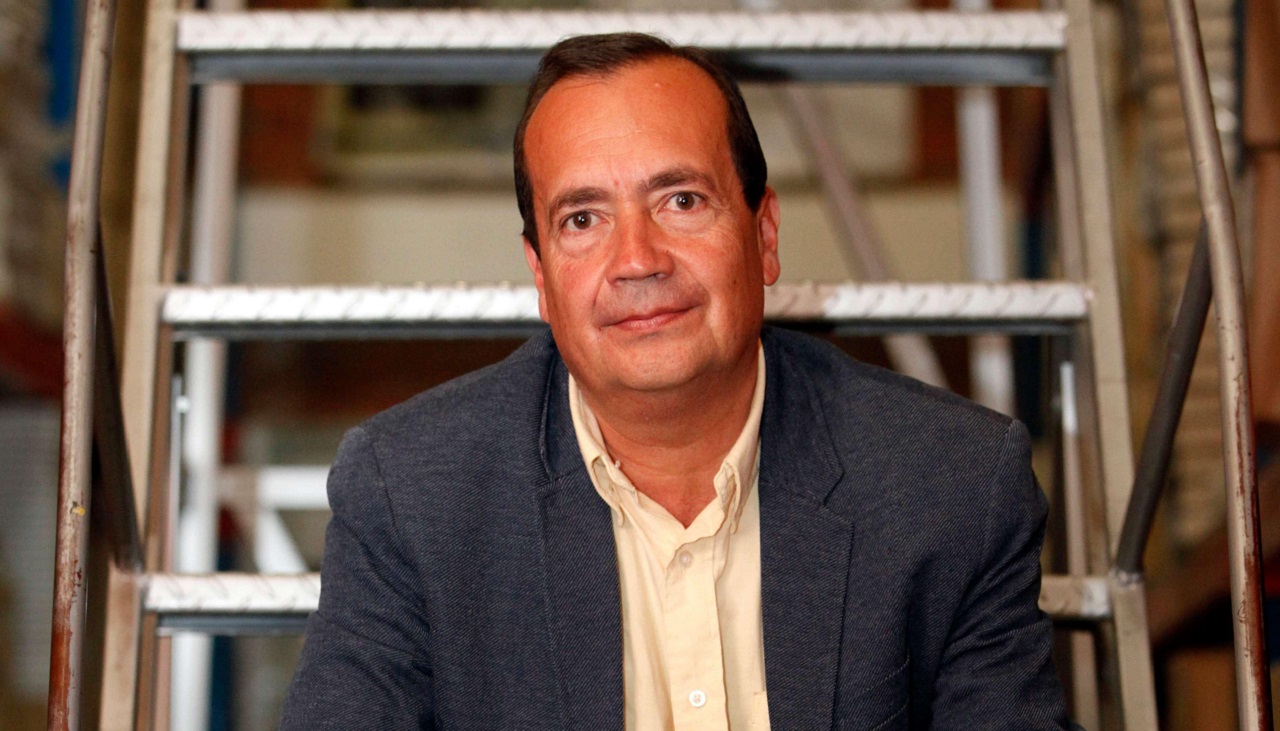

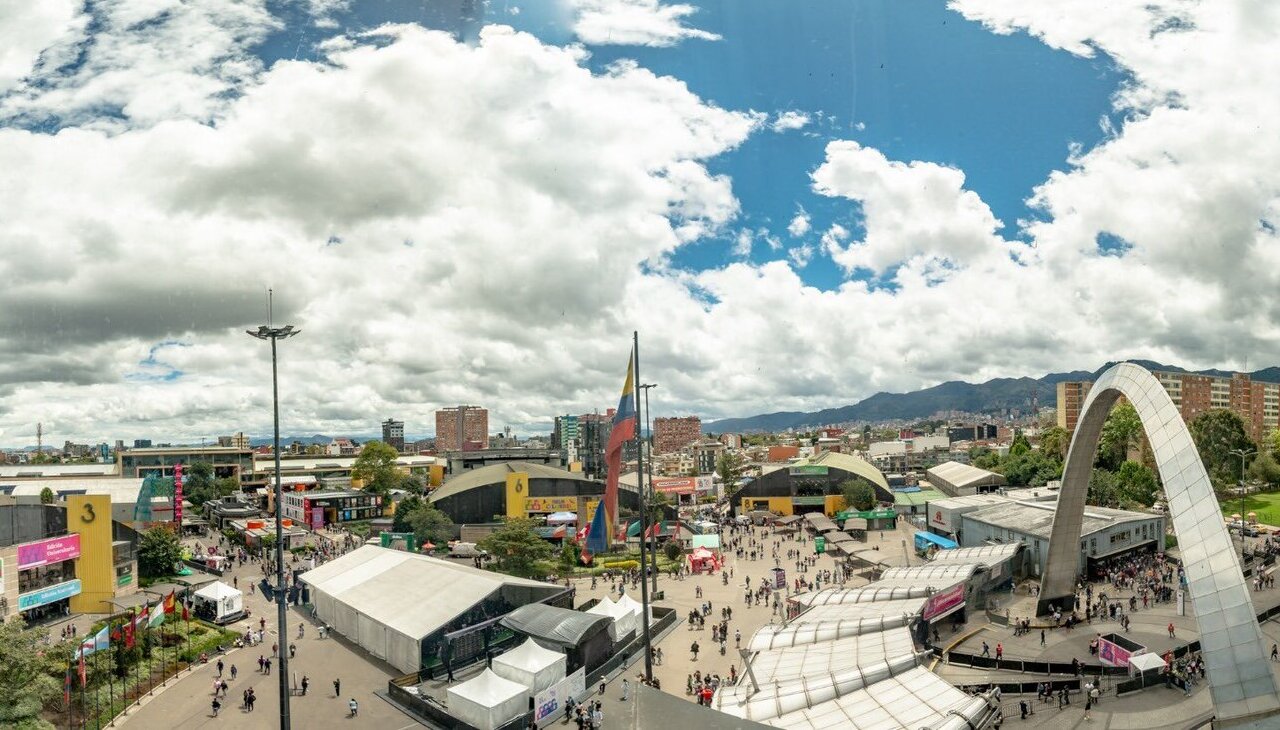


LEAVE A COMMENT:
Join the discussion! Leave a comment.